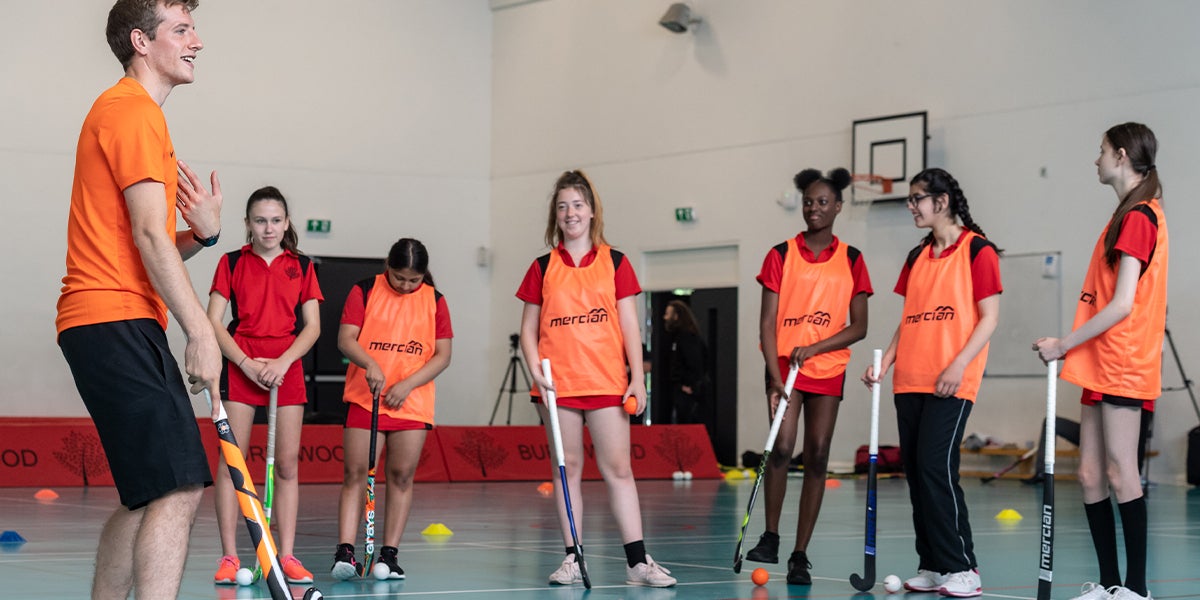Inclusive language in hockey is essential for fostering a welcoming and respectful environment for all players, coaches, officials, and spectators. By using language that is free of discrimination and bias, the sport becomes more accessible to individuals of all backgrounds. Inclusive language helps break down barriers, ensuring that everyone feels valued and safe both on and off the pitch. It also encourages diversity within the sport, leading to a richer, more dynamic hockey community.
As attitudes change, language also evolves, the below is meant as a guide and terms are subject to change and correction. Mistakes can be made with language, if you make a mistake try to acknowledge it and move on.
Do use language which is:
- Respectful to all and acknowledges diversity
- Open and welcoming
- Avoids assumptions
Do not use language which is:
- Reinforcing stereotypes
- Patronising to any groups of people
- Likely to cause offence
| Ableism | Discrimination or bias—whether intentional or unintentional—against people with disabilities. Challenging ableism involves promoting accessibility, using inclusive language, and ensuring equal opportunities for all individuals, regardless of ability. |
| Ally | A person who actively supports and advocates for underrepresented groups, even if they do not personally belong to those communities. Being an ally involves continuous learning, listening to the experiences of others, to advocate for fairness, equality, and respect both on and off the field. |
| Athlete / Player | A gender-neutral way to refer to participants. |
| Ethnically Diverse | A group, community, or environment that includes people from a variety of ethnic backgrounds, cultures, and traditions. Promoting ethnic diversity fosters inclusion, respect, and equity, ensuring that everyone feels valued and represented. |
| Lived Experience | Personal knowledge, understanding, and insights that individuals gain through their own unique experiences, particularly in relation to identity, culture, or adversity. Recognising and valuing lived experiences helps create more inclusive spaces by ensuring diverse voices are heard and respected, leading to meaningful change and greater understanding. |
| Neurodiversity | The concept that neurological differences—such as autism, ADHD and dyslexia - are natural and valuable aspects of diversity. Embracing neurodiversity means creating an environment where all players, coaches, officials, and spectators feel supported, whether through clear communication, flexible coaching strategies, or inclusive team dynamics. |
| Unconscious Bias | Automatic, unintentional stereotypes or prejudices that influence our decisions and interactions without us realising it. These biases are shaped by societal norms, personal experiences, and cultural influences, and they can affect how we perceive and treat others based on factors like race, gender, or ability. Recognising and addressing these biases is essential to fostering a fair, inclusive, and supportive environment for all players and participants. |

